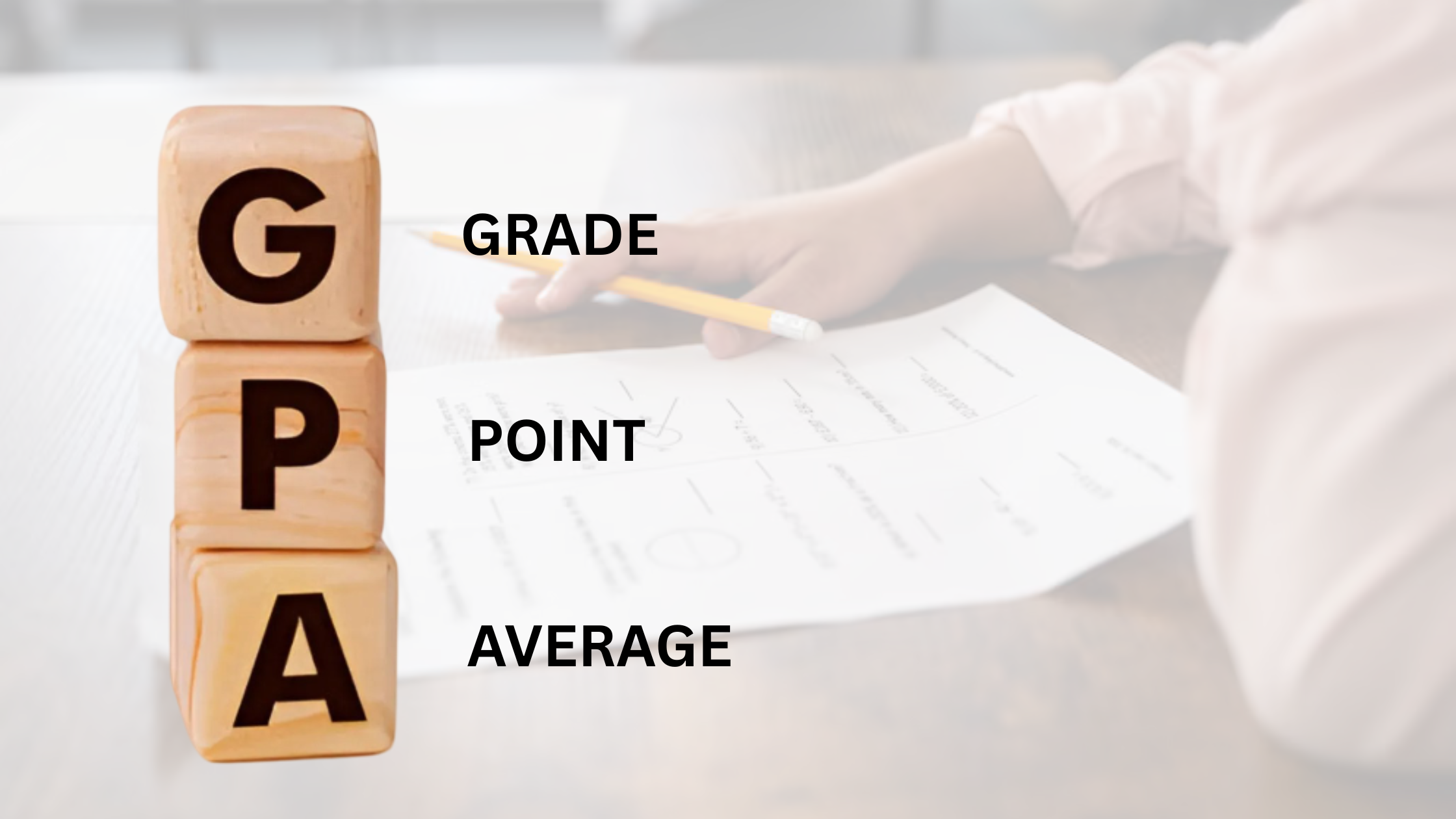What Is a Good GPA? How to Understand and Improve It
Whether you're a high school student, college freshman, or even a graduate student, you’ve probably asked yourself: what is a good GPA? Your Grade Point Average (GPA) often feels like a number that defines your academic journey. But GPA is much more than just a score—it reflects your work ethic, your mastery of material, and can influence scholarships, internships, and job opportunities. In this blog, we’ll explore what a good GPA really means, how it’s calculated, why it matters, and how you can work toward improving it.
What Does GPA Measure?
GPA, or Grade Point Average, is a number that represents the average value of your final grades over a given period—typically a semester, year, or your entire academic career. Most schools in the United States use a 4.0 scale:
- A (90–100%) = 4.0
- B (80–89%) = 3.0
- C (70–79%) = 2.0
- D (60–69%) = 1.0
- F (below 60%) = 0.0
Some institutions, particularly at the college level, also use weighted GPAs. In a weighted system, more challenging classes (like AP or honors courses) might award extra points. For example, an A in an AP class might be worth 5.0 instead of 4.0.
So, What Is a Good GPA?
The answer depends on your goals. Here's a general breakdown:
- High School Students:
A GPA of 3.5–4.0 is often considered excellent. It can make you competitive for top universities and scholarships. - College Students:
A GPA above 3.0 is generally respectable. A 3.7 or higher might be necessary if you plan to attend graduate or professional school. - Graduate Students:
Here, expectations are even higher. A GPA below 3.0 might not be acceptable for many programs.
In essence, what is a good GPA is relative to where you are and what you aspire to achieve. A 3.0 might be considered solid at some institutions, while at others, particularly more competitive schools, the bar may be higher.
Why GPA Matters
Your GPA is not just a number on a piece of paper. It plays a significant role in:
- College Admissions:
Admissions officers use GPA to gauge your academic abilities and potential. - Scholarship Eligibility:
Many scholarships have minimum GPA requirements. - Internship and Job Applications:
Especially for students early in their careers, employers often look at GPA as a measure of discipline and intelligence. - Graduate School Admissions:
If you plan to continue your education, a strong GPA is crucial.
However, GPA isn't everything. Soft skills like communication, leadership, creativity, and problem-solving also weigh heavily in the real world.
How to Calculate Your GPA
If you’re wondering how your GPA is calculated, here’s a simple explanation:
- Assign each grade a numerical value based on your institution’s scale.
- Multiply the value by the number of credits the course is worth.
- Add up the results.
- Divide by the total number of credits you’ve taken.
Example:
- English (A, 3 credits) → 4.0 × 3 = 12
- Math (B, 4 credits) → 3.0 × 4 = 12
- History (A, 3 credits) → 4.0 × 3 = 12
Total Points: 36
Total Credits: 10
GPA: 36 ÷ 10 = 3.6
How to Improve Your GPA
If your GPA isn't where you want it to be, don’t panic. There are effective ways to improve:
- Prioritize Time Management:
Stay organized and create a consistent study schedule. - Seek Help Early:
If you're struggling in a subject, don't wait. Tutoring services, study groups, and professor office hours can make a big difference. - Focus on High-Impact Courses:
Courses with higher credit hours can affect your GPA more. Put extra effort into these classes. - Retake Classes (if possible):
Some schools allow you to retake a course to replace a low grade. - Improve Study Techniques:
Active recall, spaced repetition, and practice tests are proven methods for better retention.
Other Factors That Matter Besides GPA
While a good GPA is important, many schools and employers are moving toward a more holistic view. Other critical factors include:
- Letters of Recommendation
- Extracurricular Activities
- Personal Statements or Essays
- Work and Volunteer Experience
- Interview Performance
Remember, you are more than just a number.
Conclusion
Ultimately, the answer to what is a good GPA depends on your personal goals, your field of study, and your future ambitions. For high schoolers aiming for elite colleges, a GPA above 3.7 might be essential. For college students planning to enter the workforce, maintaining at least a 3.0 can keep many doors open. No matter where you are, it’s never too late to improve. Set realistic goals, work hard, and stay focused—because your GPA, while important, is just one part of your larger academic and professional journey.

